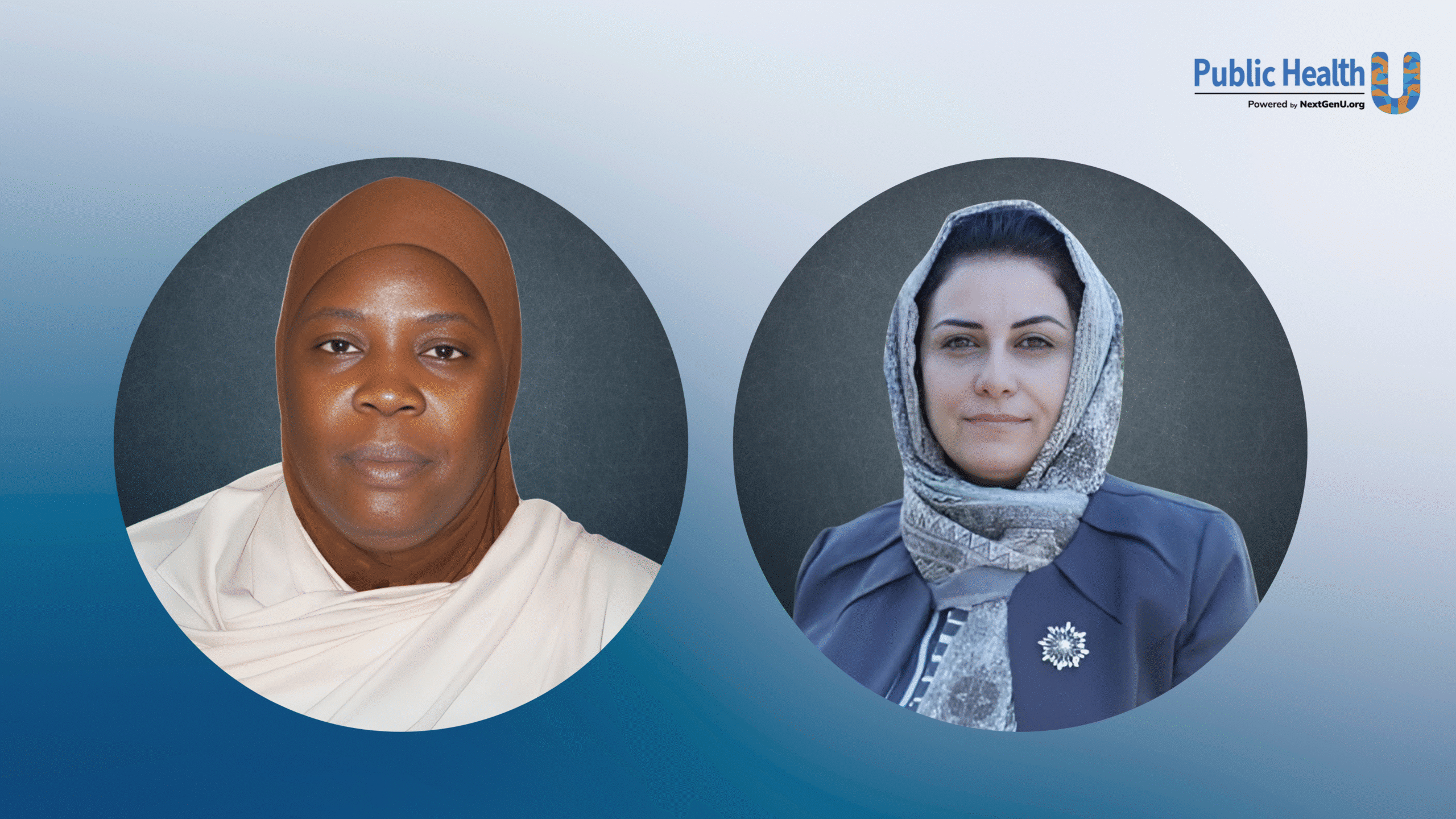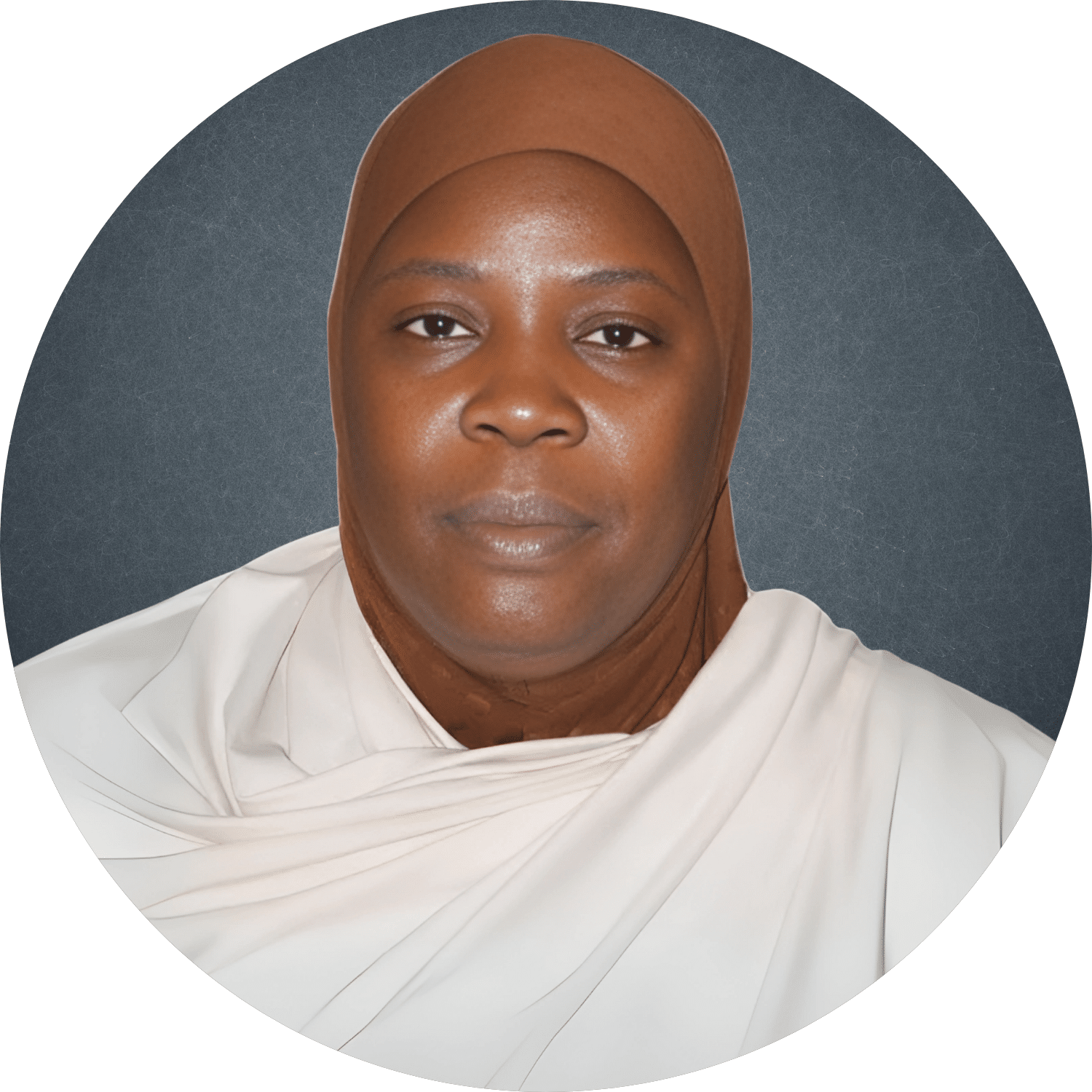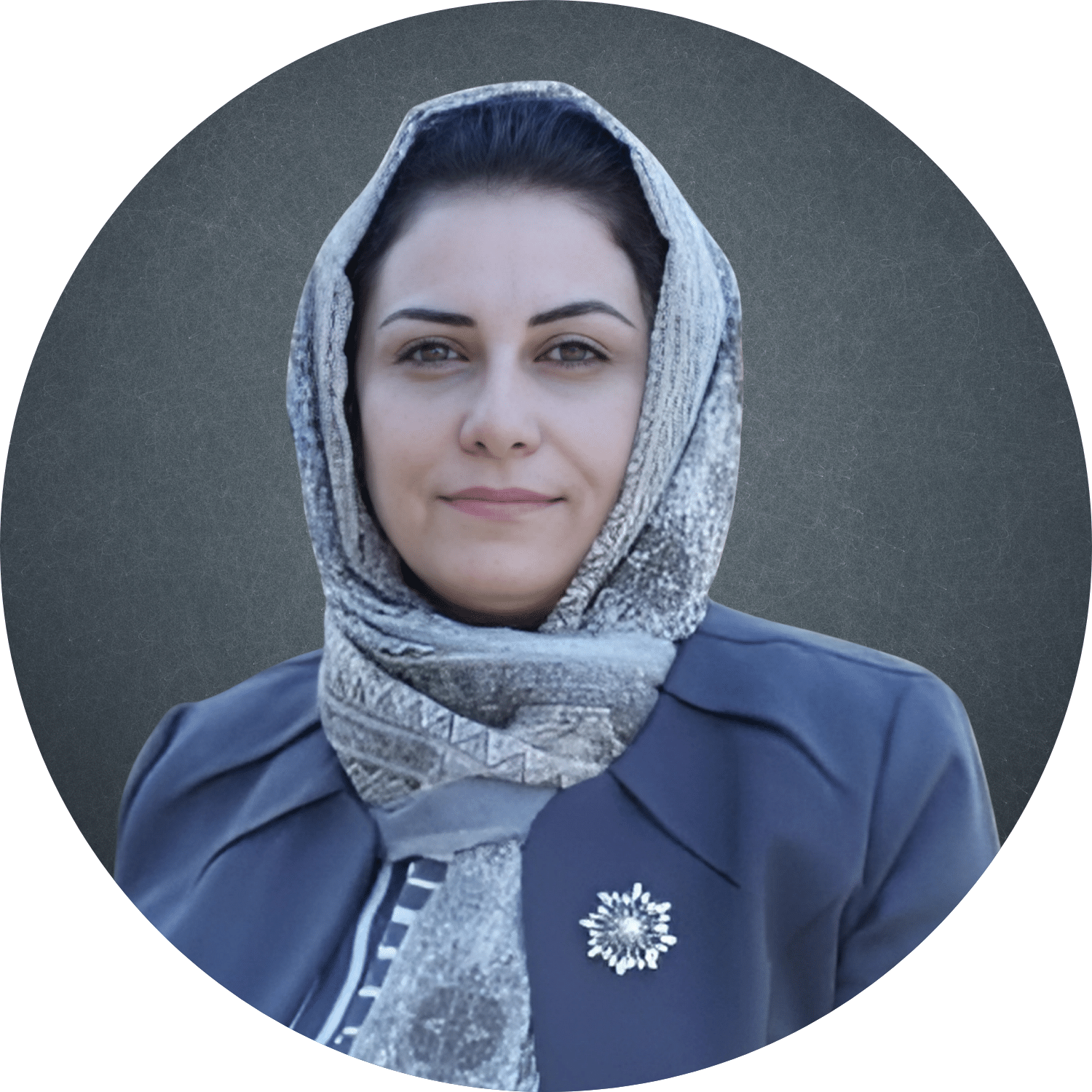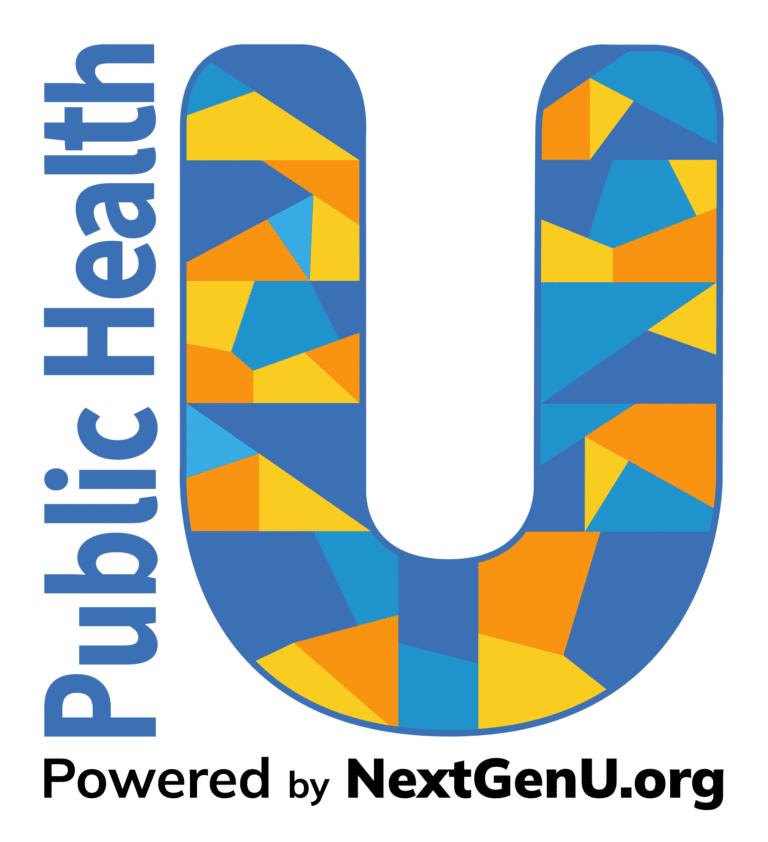At Public Health U (PHU), we are proud to work alongside a global community of volunteers who not only serve as mentors to our students but also go above and beyond to uplift their own communities. Two such inspirational leaders are Dr. Hamdia Mirkhan Ahmed and Dr. Hafsat Rufai Ahmad, dedicated professionals who generously volunteer their time with PHU while actively advancing maternal and child health in their regions. Through their work, they exemplify how a connection with PHU can be a catalyst for both learning and service.
In honor of World Breastfeeding Week 2025, we are proud to amplify their voices. The theme for this year’s World Breastfeeding Week is “Invest in breastfeeding, invest in the future,” which serves to highlight the importance of breastfeeding as a pillar for lifelong health. According to the World Health Organization (2023), breastfeeding provides essential nutrients for infants and protects against illnesses like diarrhea and pneumonia. It also offers long-term benefits, including reduced risk of obesity for both mother and child. Dr. Hamdia Mirkhan Ahmed and Dr. Hafsat Rufai Ahmad, share insights and advice on maternal health, with a special focus on breastfeeding practices, challenges, and opportunities within their communities.
Dr. Hamdia Mirkhan Ahmed is a professor at Hawler Medical University in the Kurdistan Region of Iraq and holds a PhD in Maternity Nursing. She was a founding member of Iraq’s first Midwifery Department and focuses on maternal and child health, with breastfeeding as a key area of postpartum education. She also supervises MSc and PhD students in Maternity Nursing and Midwifery.
Dr. Hafsat Rufai Ahmad is a pediatrician with over 20 years of experience in semi-urban Northern Nigeria. Her work focuses on maternal and child health, early childhood nutrition, and improving access to evidence-based care. She has led and contributed to initiatives promoting optimal breastfeeding to combat childhood malnutrition and improve health outcomes.
Here’s what they had to say as they shared their insights on breastfeeding, challenges in the field, and opportunities to improve maternal and child health.

Question 1: Have you had any direct experience supporting breastfeeding in your role (e.g., as a health worker, educator, or public health advocate)?


Question 2: What does World Breastfeeding Week mean to you personally or professionally?


Question 3: Why is breastfeeding considered a public health priority, especially in low- and middle-income countries?


Question 4: What role does public health education play in changing attitudes and practices around breastfeeding?


Question 5: How can online learning platforms like PHU contribute to building knowledge and confidence in maternal and child health practices, including breastfeeding?


We remain deeply inspired by the voices and contributions of our volunteers, who continue to highlight the realities, challenges, and opportunities in maternal health, particularly in the area of breastfeeding. As a critical public health intervention, breastfeeding plays a key role in improving maternal and child outcomes globally. At Public Health U, we are proud to support and amplify these vital conversations, especially in recognition of World Breastfeeding Week. As part of our ongoing commitment to advancing maternal health, we offer a Maternal Mortality course through our Master’s in Public Health program. This course explores essential topics in maternal health, including the significance of breastfeeding, and equips learners with evidence-based strategies to drive meaningful change. Together, through education, advocacy, and shared experience, we can build a healthier and more equitable future for all.
Reference List
World Health Organization. (2023.). Exclusive breastfeeding. https://www.who.int/tools/elena/interventions/exclusive-breastfeeding
Reisha Narine
Author
